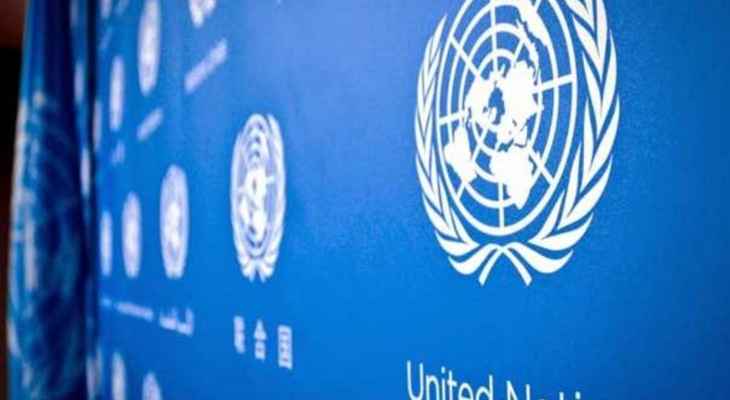“We emphasize the importance of a comprehensive constitutional reform based on the law in Tunisia,” said the representative of the United Nations Secretary-General Stephane Dujarric, noting that “we emphasize the importance of dialogue among all parties in Tunisia to resolve political differences. .”
Yesterday, Tunisian President Kais Said published in the Official Gazette a draft of a new constitution for Tunisia, which has been put to a referendum. It provided that the president of Tunisia would assume executive power with the help of the government. political system to a presidential one with more presidential powers.
It also provided that “the president of Tunisia appoints the head of the Tunisian government and the rest of its members on the proposal of his president.” in accordance with the electoral law”, and stated that “judges are appointed by order of the President of the Republic”. Tunisia, on the proposal of the Supreme Judicial Council.
The project provided for “the formation of two legislative councils, the Assembly of People’s Representatives and the National Council of Regions and Regions”, as well as “the government is responsible for its actions to the President of the Republic of Tunisia.” it also stipulates that “the role of the new parliament does not include overseeing the work of the president of Tunisia or the government.” Gazette that “the president of Tunisia will continue to rule by decree until the election of a new parliament next December.”
Source: El Nashra
